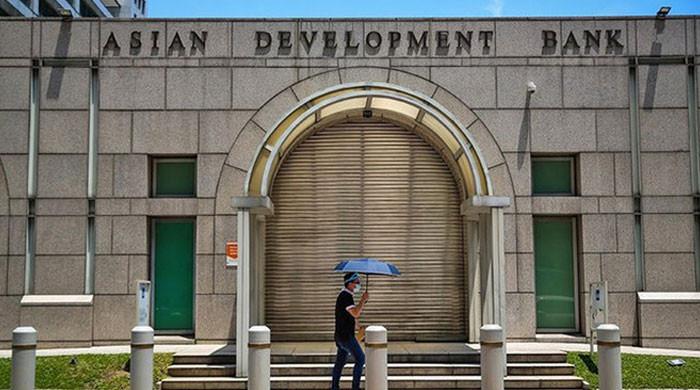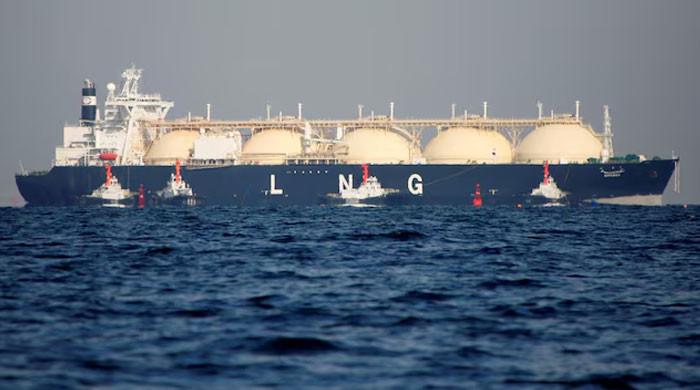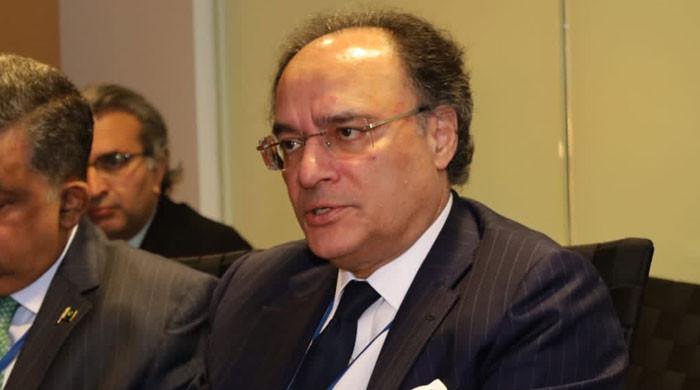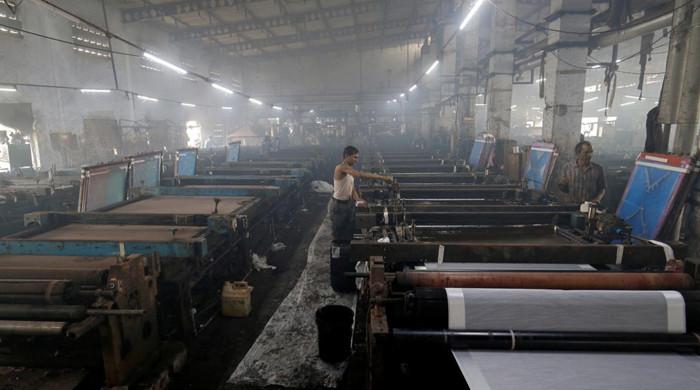Discos seek permission to levy additional FCA charges for July 2023
Consumers should anticipate a cumulative burden of Rs22.73 billion in their September 2023 bills
August 31, 2023
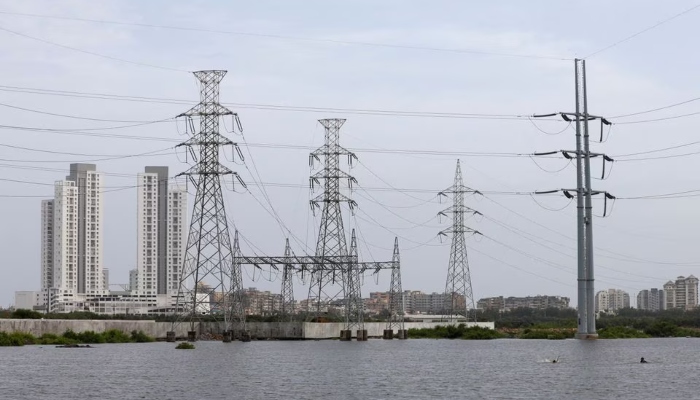
- Nepra questions management of coal-based plants.
- Nepra questions why consumers to shoulder NTDC’s inefficiencies.
- "Why should consumers cover capacity payments?"
ISLAMABAD: The costly imported coal inventory held by coal-based power plants, along with system limitations such as the HVDC transmission line’s inability to fully transport cost-effective power from southern generators are imposing a significant financial burden on power consumers, The News reported Thursday, citing National Electric Power Regulatory Authority (Nepra).
Consumers are grappling with high unit prices, resulting in billions of rupees being paid each month due to these constraints the power regulator said during a public hearing on the petition of state-run power distribution companies (Discos) to levy Rs1.58/unit additional charges on power consumers on account of monthly Fuel Charge Adjustment (FCA) for July 2023.
Nepra said that in July 2023, the situation led to consumers covering a cost of Rs1.5 billion because of system constraints, however, the regulator was not ready to pass this burden on to the power consumers.
With nationwide protests sparked by escalating electricity bills stemming from increased electricity costs, consumers should anticipate a cumulative burden of Rs22.73 billion in their September 2023 bills.
While coal-based power plants are generally recognised for their cost efficiency, a startling revelation emerged during the hearing. The Sahiwal coal power plant, despite Nepra’s reference tariff of Rs16.18 per unit, submitted claims for Rs27.7 per unit.
The regulator underscored that coal-based dispatches from two power plants totaled just 2,200 MW, a significant deficit compared to their combined capacity of 3,900 MWs. If these plants were operational, the per-unit cost could have been reduced, the regulator highlighted.
Intriguingly, electricity generation from the Sahiwal plant registered zero output in April, a mere 3% in May, and 8% in June. Nepra questioned the management of these coal-based plants, which possess lower base tariffs but report higher claimed tariffs, stating, “We need an explanation.”
The petitioner, CPPA said since there was an inventory of coal lying with the Sahiwal coal power procured at around $400/ton, it had been consumed for power generation. Power regulator officials said that prices of coal had come down to $100 per ton. But the costly imported coal inventory led to a high cost of generation.
Nepra grilled the National Transmission and Despatch Company (NTDC) for disregarding transmission system inefficiencies, especially concerning the HVDC ±660 kV Line. This line’s inadequacy in evacuating cost-effective energy from southern generators, including coal-based plants in Port Qasim, Hub and Thar, raised concerns.
Presently transmitting 2,800 MW, the HVDC falls short of the government’s contracted capacity of 4,000 MW. Remarkably, an NTDC official revealed that the government pays for 4,000 MW capacity regardless of actual power transportation when questioned about capacity charges.
The authority questioned the rationale behind consumers shouldering NTDC’s inefficiencies. The NTDC’s shortcomings were found to breach the merit order, leading to the operation of costly plants. The regulator also highlighted the collapse of 138 towers of 220Kv in the past five years.
Managing Director of NTDC, Engr Dr Rana Abdul Jabbar Khan, noted that Nepra had withheld payments of Rs38.94 billion since September 2019, significantly impacting business operations. The MD mentioned that despite 41 World Bank and foreign-funded projects, the government’s year-long ban on LC openings has hindered project completion. NTDC asserted that the HDVC would operate at full capacity soon with the development of two transmission lines.
Regarding tower collapses, Khan attributed the weakening to material theft on remote transmission lines in Sindh. NTDC has initiated FIRs (first information reports) and engaged local participation, alongside law enforcement, to curb theft.
Several previous adjustments worth Rs3.34 billion were deferred pending technical verification by Nepra. Though currently postponed, this amount is expected to appear in future months and will be charged to consumers.
It’s worth noting that the Central Power Purchasing Agency (CPPA) initially claimed an increase of Rs2.06 per unit, which was later revised downward to Rs1.579 per unit due to the deferment of Rs3.34 billion and the actualisation of Rs3.668 billion invoices. These adjustments had a net impact of 0.49 per unit, deducted from the earlier claim of Rs2.07 per unit.
Government officials have proposed the utilisation of a weighted average cost of coal for operational purposes, with the aim of generating more affordable electricity from the plant.
Nepra officials expressed dismay over the oversight of this more cost-effective electricity generation option, highlighting the imposition of costly electricity generation that burdens consumers.
The regulator posed the question, “Why should consumers cover capacity payments?”
It was noted that consumers had paid investment costs for stabilising the grid. The country has been facing such issues since 2017 as there was no stability in the grid.
There is expensive electricity generation due to grid issues as power plants generating expensive electricity were being operated. Nepra sought a report regarding investment made for grid stability but no work was done in this regard.





